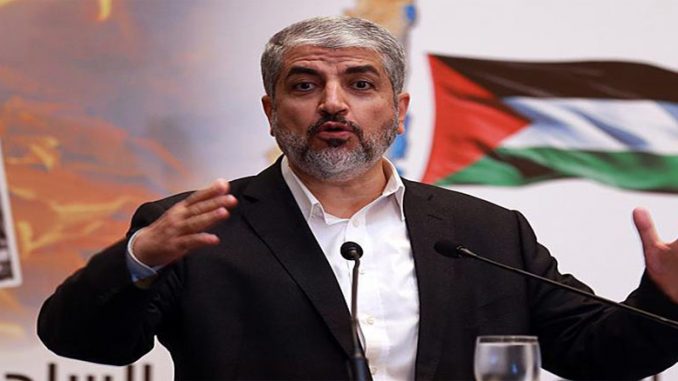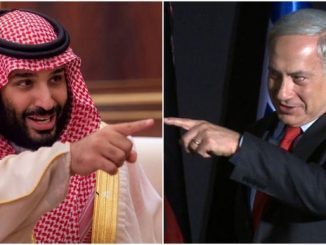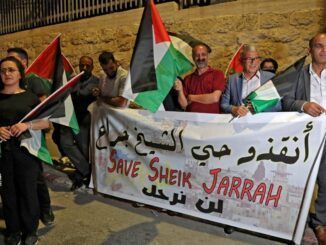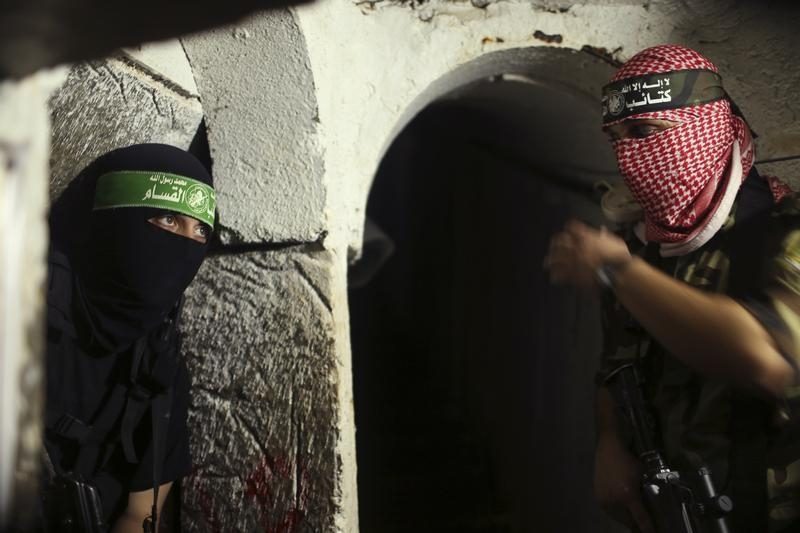
Hamas has finalised its new charter, reportedly recognising Israel’s 1967 borders, changing the definition of its enemy from ‘Jews’ to ‘the occupiers’ and distancing itself from the Muslim Brotherhood.
The Palestinian Resistance Movement, Hamas, is expected to officially recognise the state of Israel and its 1967 borders with Palestine in a new political charter to be unveiled soon.
The ruling party in Gaza has been working to revise its charter, written in 1988, which critics accuse of being anti-semitic instead of anti-Zionist.
Among the most important changes to the language of the new document, is that it identifies the enemy as “the occupation’ instead of “the Jews”.
A senior Hamas leader recently said in an interview with al-Jazeera’s Mehdi Hassan that this distinction was sincere.
“When we are talking about the Jews, we are not against their religion, we are not against their beliefs, we are not against them as a people,” said Osama Hamdan.
“[In the new charter,] you will find clear words that we are against the Zionists and the occupation of our lands.
“We will resist the occupiers and we are not against anyone with regards his religion or his race.”
High ranking sources report that the new document will also sever ties with the Muslim Brotherhood in a show of placation towards Cairo.
The release of the new charter has been pushed forward by recent efforts to restart peace talks and is expected to be revealed at an upcoming conference in Doha.
The charter was originally expected to be released after a series of elections in May, Saudi Arabia’s Asharq al-Awsat reported.
Hamas’ current charter makes numerous references to how its enemies – the Jews – were behind the communist revolution, World Wars 1 and 2, and also references a Jewish plan for global domination.
The new document, by comparison, wants “to present a more pragmatic and cooperative face to the world,” the New York Times reported in March.
The resistance movement has shown signs in recent months that it intends to start negotiations with Israel, as it becomes more and more isolated from the world.
A former Mossad chief recently wrote that these talks were not currently possible for an Israeli administration, as the movement “continues to advocate the destruction of Israel”.
Qatar has played a leading role in reconciliation talks between the two main Palestinian parties, having hosted discussions in Doha in January.



